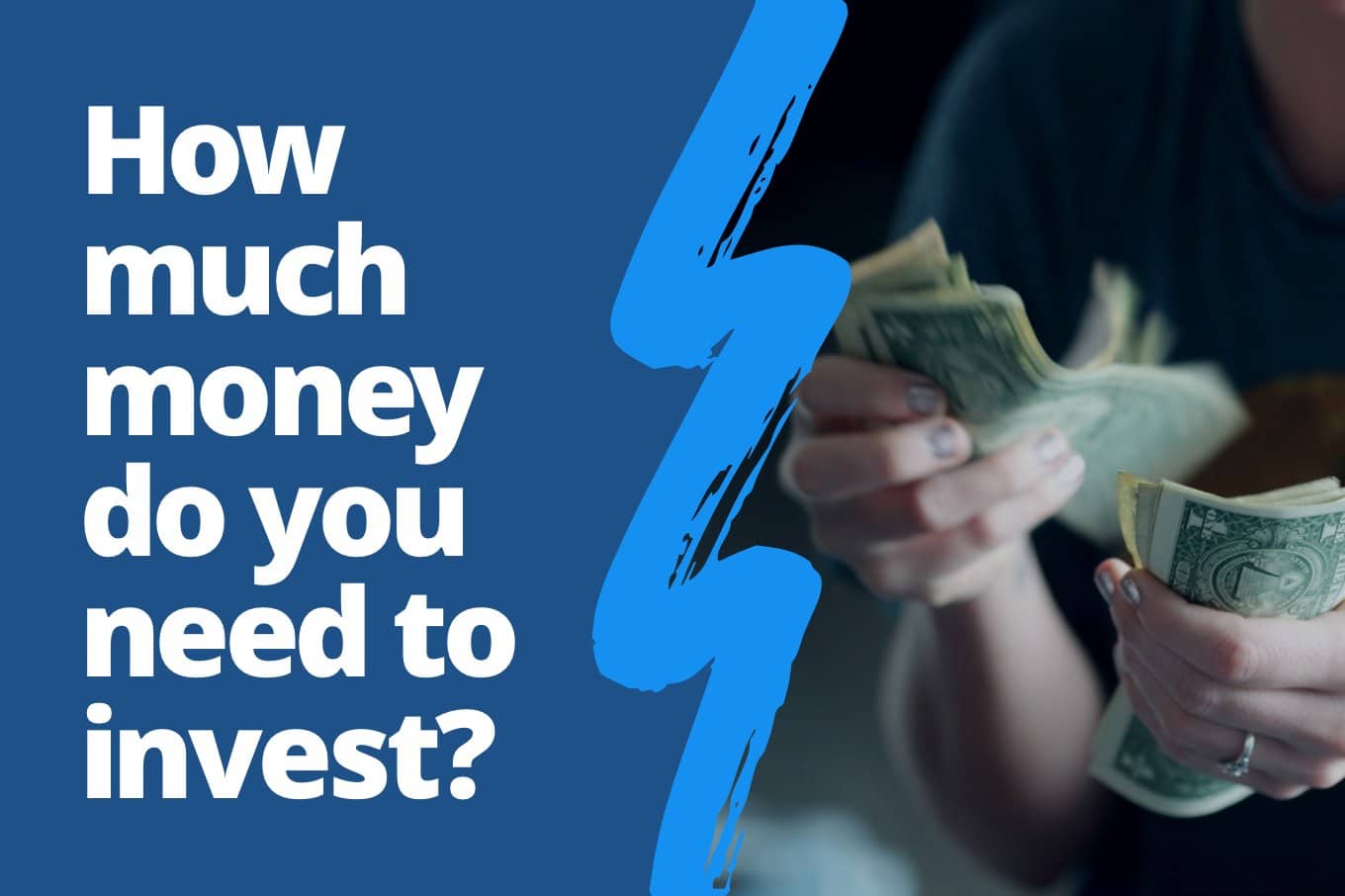Introduction
Are you intrigued by the allure of foreign exchange markets and contemplating a foray into forex trading? Before you embark on this exciting journey, it’s crucial to delve into the foundational question: how much capital do you need to start trading forex? Determining the appropriate starting capital is of paramount importance, as it can significantly influence your trading strategy and overall success. In this comprehensive guide, we will delve into the factors that govern the determination of initial trading capital, enabling you to make an informed decision that aligns with your financial capabilities and risk tolerance.

Image: www.biggerpockets.com
Factors Influencing Starting Capital
-
Account Type
Forex brokers offer various account types tailored to traders with different capital levels and experience. Micro accounts, designed for beginners, typically require low minimum deposits ranging from $10 to $500. Standard or mini accounts, suitable for more experienced traders, generally have minimum deposits in the range of $500 to $1,000. For those with substantial capital, ECN (Electronic Communications Network) accounts provide direct access to liquidity providers and offer lower spreads but may require higher minimum deposits, often exceeding $1,000.
-
Leverage
Leverage is a double-edged sword that can amplify both profits and losses. It allows traders to control a larger trading position with a relatively small initial investment. However, it’s crucial to remember that leverage magnifies potential losses as well. Forex brokers offer varying leverage options, ranging from 1:50 to 1:500 or even higher. The appropriate leverage depends on your risk tolerance and trading strategy. While it can enhance profitability, it can also lead to significant losses if not managed prudently.
-

Image: duniafintech.comTrading Volume
The volume of trades you execute also influences the necessary starting capital. If you plan to trade high volumes or use larger lot sizes, you will need to ensure you have sufficient capital to cover potential losses. Determine the average trade size and frequency that aligns with your trading strategy to estimate the required capital.
-
Risk Tolerance
Your risk tolerance is a critical factor in determining the appropriate starting capital. If you are averse to risk, it’s advisable to start with a smaller account and gradually increase it as you gain experience and confidence. Conversely, if you are a more aggressive trader with a higher risk tolerance, you may consider starting with a larger account to maximize potential returns.
Recommended Starting Capital
While the optimal starting capital varies depending on individual circumstances, the general consensus among experienced traders is to start with a small amount you can afford to lose. This is especially true for beginners who are still learning the ropes and may not fully comprehend the risks involved in forex trading. It’s advisable to begin with a demo account to practice and develop your trading skills before venturing into live trading with real capital.
A common recommendation for beginners is to start with a minimum of $500. This amount allows you to open a micro account with a reputable broker and provides sufficient capital to withstand small losses while you learn and gain experience. As your knowledge and skills grow, you can gradually increase your account size to accommodate larger trading positions and risk exposure.
How Much Money Do I Need To Start Forex Trading
Conclusion
The amount of money you need to start forex trading depends on various factors, including the account type, leverage, trading volume, and personal risk tolerance. It’s essential to carefully evaluate these factors and determine a starting capital that aligns with your financial capabilities and trading objectives. Remember, starting small and gradually increasing your capital is a prudent approach, especially for beginners. By adopting a responsible and measured approach, you can minimize risks and enhance your chances of success in the captivating world of forex trading.






